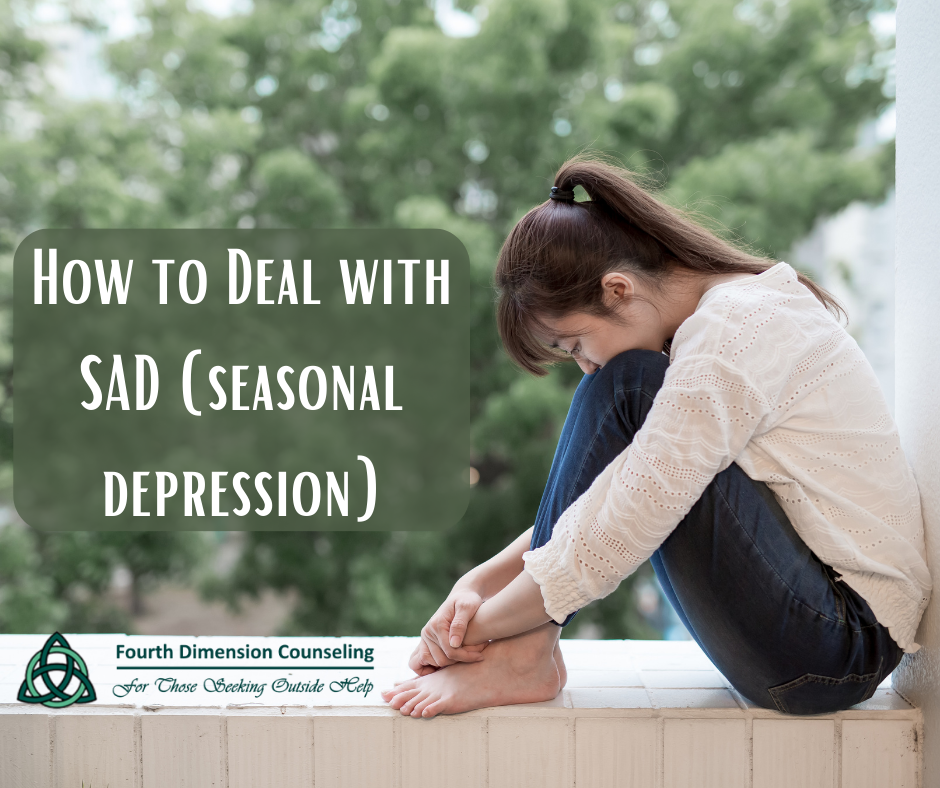
There are days the weather may make you feel blue, but if the feeling is persistent, you may be down with seasonal affective disorder (SAD). This sickness is a type of depression that happens as the weather shifts, especially in winter. Although the reason for the depression is not certain, experts suggest the changes in season affect the body’s circadian rhythm. The circadian rhythm is a 24-hour clock that regulates sleep patterns. It also determines the feeling of energy or drowsiness during the day. Another explanation blames the secretion of serotonin and melatonin, two hormones responsible for sleep, mood, and well-being. Whatever the case may be, the signs and symptoms include:
- Depression
- Stressed, tiredness and low energy
- Lack of focus
- Lack of interest
- Weight gain
- Change in appetite
- Too much sleep
Here are the modern and verified ways to deal with SAD.
- Go to the light
The winter months have less sun, but there are still a few hours of some rays. According to research, people with low vitamin D levels are more vulnerable to seasonal depression. The body produces vitamin D when exposed to sunlight. Plan a 15 to 20 minutes walk or stroll with the sun. Walking with the sun is good for physical health and allows your body to absorb vitamin D from sunlight. If you can’t go outdoors, try other ways of getting light, like shifting your desk closer to the window or investing in a light therapy box.
- Explore cognitive behavioral therapy (CBT)
According to research, CBT is a talk therapy that has produced beneficial results in dealing with SAD. You can register by contacting your primary care provider. The healthcare provider will link you with a behavioral health specialist who will draw a personalized plan to battle your needs.
- Stay connected
Another way to battle SAD is to remain connected with friends and maintain relationships. Friendships and relationships hugely impact your physical and mental health, leading to overall happiness and well-being. Socialization lowers anxiety and depression, thus avoiding the feeling of loneliness and sadness. You can call or hop on a video call with your loved ones to boost your mood.
- Improve your environment
The look of your environment and who you mingle with affects your mental well-being. Thus, it is best to surround yourself with positive people. In essence, avoid people who are usually angry or pessimistic to avoid contacting their energy. Instead, spend time with optimistic people and revamp your environment to add things that make you happy. Adding colors or plants to your home may refresh the surroundings with fun. This change will raise your spirits in darker months.
- Medications
There are antidepressant treatments available on the market to ease the symptoms. Many people use antidepressant bupropion (Wellbutrin XL, Aplenzin) to prevent depression. Many healthcare providers recommend this treatment to prevent the symptoms from worsening. You may also be required to take the medication even after the symptoms go away. However, the treatments may take several weeks to take full effect. On the other hand, your doctor may prescribe different medications to find the one suitable for you with lesser side effects.
More Advice:
- Do I Need to See a Counselor for Love Addiction?
- Simple Ways to Reduce Stress
- Sex Victims Can Experience PTSD
- Emotions and How to Process Them
- Sex Addiction Counseling
- How Do I Know it’s Time to Get professional Counseling?
- How to Heal from Betrayal Trauma
- What is PTSD? – (Government Help)
- The Mental Health Effects of Sexual Abuse
- The 4 Types of Intimacy
- 5 Ways to Reduce Stress
- What is Co-Dependency?
- How Same-Sex Couples Counseling is Different
- How to Know it’s Time to Get Mental Help
- How to Find a Great Relationship Counselor
- What if I Can’t Get in to See a Counselor?
